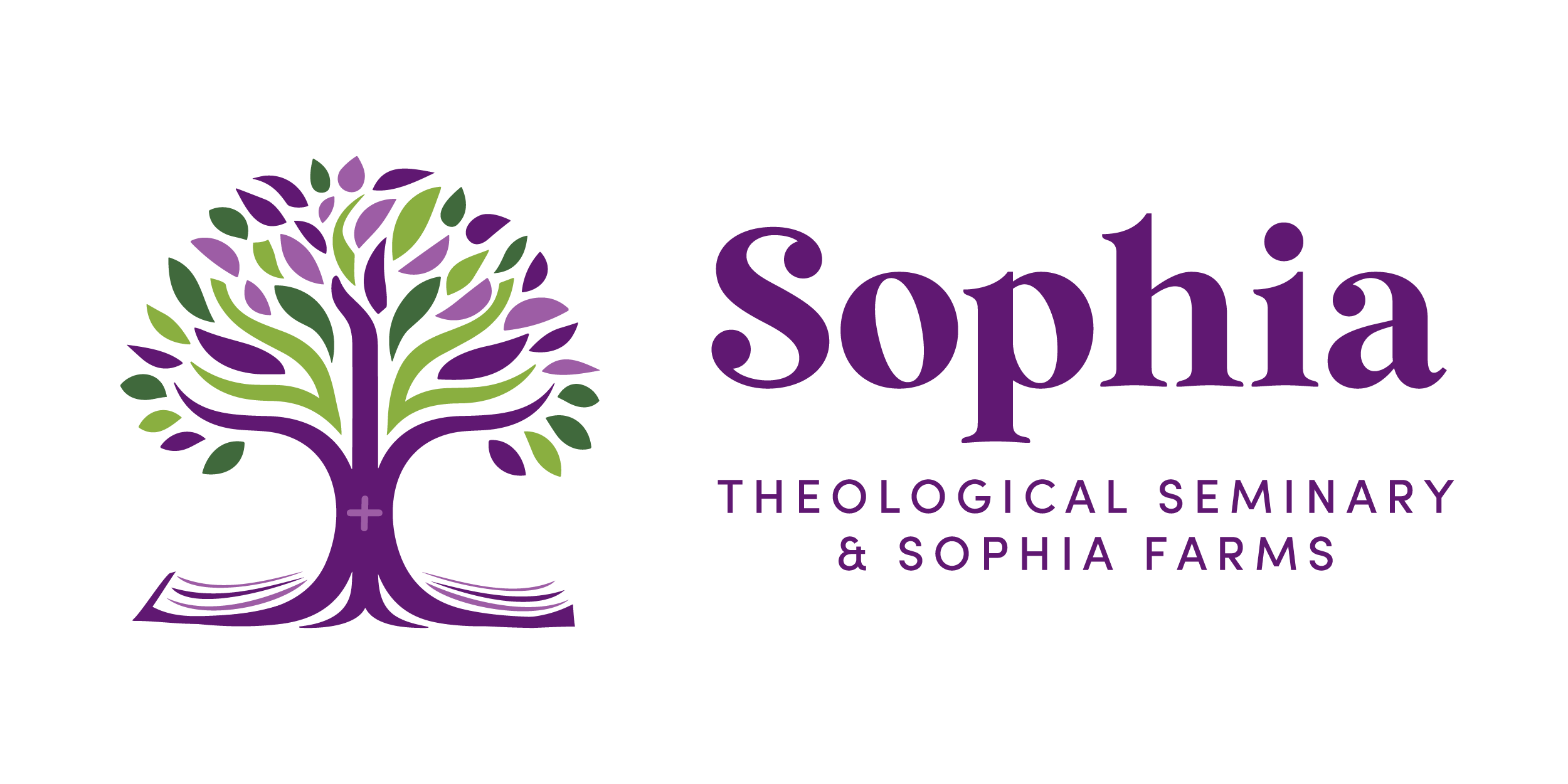“Where is the life we have lost in living?
Where is the wisdom we have lost in knowledge?
Where is the knowledge we have lost in information?”
T. S. Eliot, Choruses from the Rock
Sophia Theological Seminary and Sophia Farms take their name from the biblical concept of wisdom expressed beautifully and succinctly in James 3:17-18:
“Now, wisdom (sophia) from above is, first, upright, then for peace, reasonable, willing to yield, full of steadfast love and good fruits, consistent, and without hypocrisy. And the harvest of rightness is sown by those making peace.”
James builds on a long wisdom tradition that describes Wisdom as the personification of the principles of justice and order on which God founded creation (Prov 8), urges human beings to seek it out and live by it (virtually the whole of the book of Proverbs; cf. James 1:5), and identifies it with God’s work in Jesus Christ in contrast to what the world calls wisdom (1 Cor 1:17-30).
Eliot plaintively characterizes the lack of this wisdom in the modern world. We human beings have proven ourselves exceedingly clever. We have harnessed the atom and invented technologies for storing and transmitting data that seem almost magical. Ironically, however, we do not have the wisdom to control our knowledge of the atom so that it does not present a threat to our very existence. We can communicate cheaply and almost instantaneously with almost anyone on the planet via internet and cell phone, but seem to be as isolated from one another as ever – if not, in fact, more so than before.
Sophia recognizes that ministers of the Gospel need to be equipped with data, information, knowledge – in Sophia’s case, the traditional disciplines of theological education – in order to serve well the kingdom of God, but it acknowledges further that, in the complicated and confusing modern context, ministers also need the wisdom “from above” to guide them to make their knowledge and skills relevant. Ministers need real community and experience in maintaining it; they need to harmonize with the rhythms of work and rest built into the created order; they need firm connections with the goodness of God’s world so that they can envision what redemption looks like.
At Sophia, we seek this wisdom in community, engaged in deep theological study and meaningful involvement with the soil from which we came. We trust that both the classroom and the field will yield harvests of right-ness.
